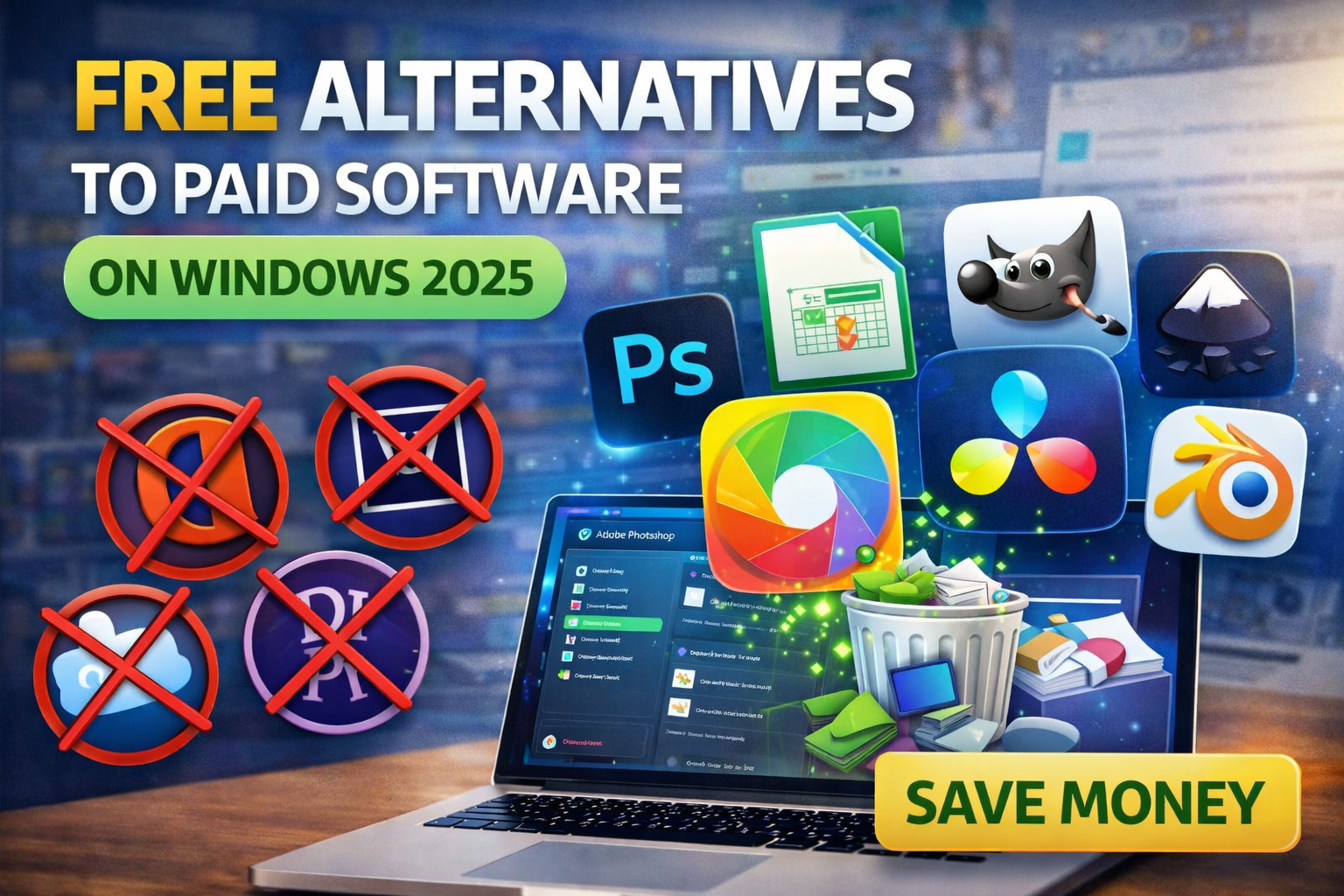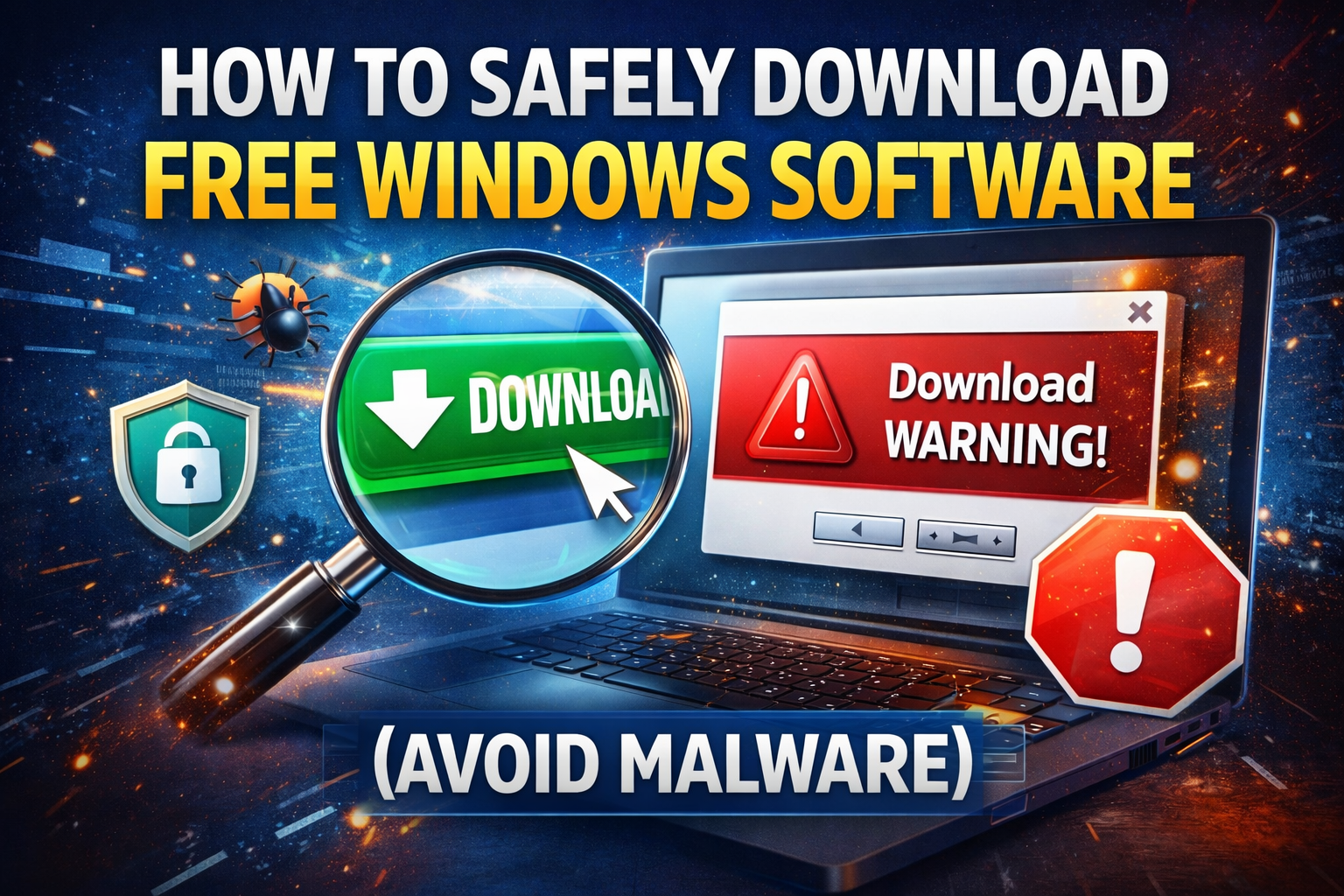

Additional Information
The leading open source automation server for Windows PC!
| Version | Jenkins 2.541.1 |
| Requirements |
Windows Vista/Windows 7/Windows 8/Windows 10/Windows 11 |
| Updated | January 28, 2026 |
| Author | Jenkins Team |
| Category | Developer Tools |
| License | Open Source |
| Language | English |
| Download | 1513 |
Overview
Jenkins provides hundreds of plugins to support building, deploying, and automating any project. Jenkins is a self-contained, open-source automation server that can be used to automate all sorts of tasks related to building, testing, and delivering or deploying software. It can be installed through native system packages, Docker, or even run standalone by any machine with a Java Runtime Environment (JRE) installed.
Continuous Integration and Continuous Delivery
As an extensible automation server, It can be used as a simple CI server or turned into the continuous delivery hub for any project.
Easy installation
The app is a self-contained Java-based program, ready to run out-of-the-box, with packages for Windows, macOS, and other Unix-like operating systems.
Easy configuration
It can be easily set up and configured via its web interface, which includes on-the-fly error checks and built-in help.
Plugins
With hundreds of plugins in the Update Center, Jenkins integrates with practically every tool in the continuous integration and continuous delivery toolchain.
Extensible
It can be extended via its plugin architecture, providing nearly infinite possibilities for what Jenkins can do.
Distributed
It can easily distribute work across multiple machines, helping drive builds, tests, and deployments across multiple platforms faster.
Features and Highlights
Continuous Integration and Continuous Delivery
As an extensible automation server, It can be used as a simple CI server or turned into the continuous delivery hub for any project.
Easy installation
The app is a self-contained Java-based program, ready to run out-of-the-box, with packages for Windows, macOS, and other Unix-like operating systems.
Easy configuration
It can be easily set up and configured via its web interface, which includes on-the-fly error checks and built-in help.
Plugins
With hundreds of plugins in the Update Center, Jenkins integrates with practically every tool in the continuous integration and continuous delivery toolchain.
Extensible
It can be extended via its plugin architecture, providing nearly infinite possibilities for what Jenkins can do.
Distributed
It can easily distribute work across multiple machines, helping drive builds, tests, and deployments across multiple platforms faster.
Features and Highlights
- Easy installation: Just java -jar jenkins.war, or deploy it in a servlet container. No additional install, no database.
- Easy configuration: It can be configured entirely from its friendly web GUI with extensive on-the-fly error checks and inline help. There's no need to tweak XML manually anymore, although if you'd like to do so, you can do that, too.
- Change set support: It can generate a list of changes made into the build from Subversion/CVS. This is also done in a fairly efficient fashion, to reduce the load on the repository.
- Permanent links: It gives you clean readable URLs for most of its pages, including some permalinks like "latest build"/"latest successful build", so that they can be easily linked from elsewhere.
- RSS/E-mail/IM Integration: Monitor build results by RSS or e-mail to get real-time notifications on failures.
- After-the-fact tagging: Builds can be tagged long after builds are completed
- JUnit/TestNG test reporting: JUnit test reports can be tabulated, summarized, and displayed with history information, such as when it started breaking, etc. History trend is plotted into a graph.
- Distributed builds: It can distribute build/test loads to multiple computers. This lets you get the most out of those idle workstations sitting beneath developers' desks.
- File fingerprinting: It can keep track of which build produced which jars, and which build is using which version of jars, and so on. This works even for jars that are produced outside the app and is ideal for projects to track dependency.
- Plugin Support: It can be extended via 3rd party plugins. You can write plugins to make support tools/processes that your team uses.
Note: Requires Java Runtime Environment.
Previous versions More »
2.541.1
January 28, 2026
97.76 MB
2.528.2
November 14, 2025
96.99 MB
2.528.1
October 16, 2025
96.99 MB
2.516.3
September 19, 2025
89.39 MB
2.516.2
August 22, 2025
89.38 MB
2.516.1
July 31, 2025
89.38 MB










No comments yet. Be the first to comment!